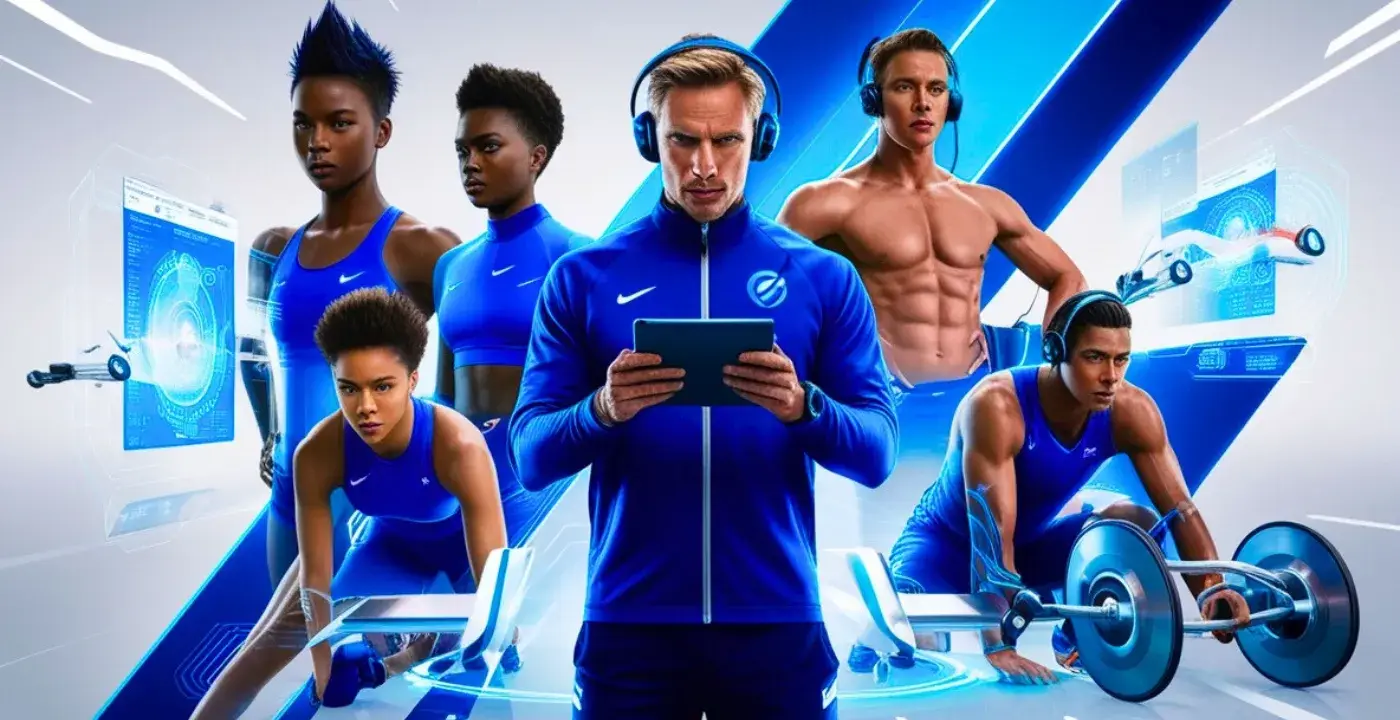In the ever-evolving world of sports, the quest for superior athletic performance has driven innovation and technological advancements. A new frontier in this journey is Harmonicode Sport, a groundbreaking integration of frequency, resonance, and biomechanics principles, combined with cutting-edge technology. This paradigm shift not only enhances physical capabilities but also addresses critical aspects like injury prevention and personalized training.
This blog delves deep into the science, applications, and future prospects of Harmonicode Sport, shedding light on how it is transforming the athletic landscape.
Understanding Harmonicode Sport
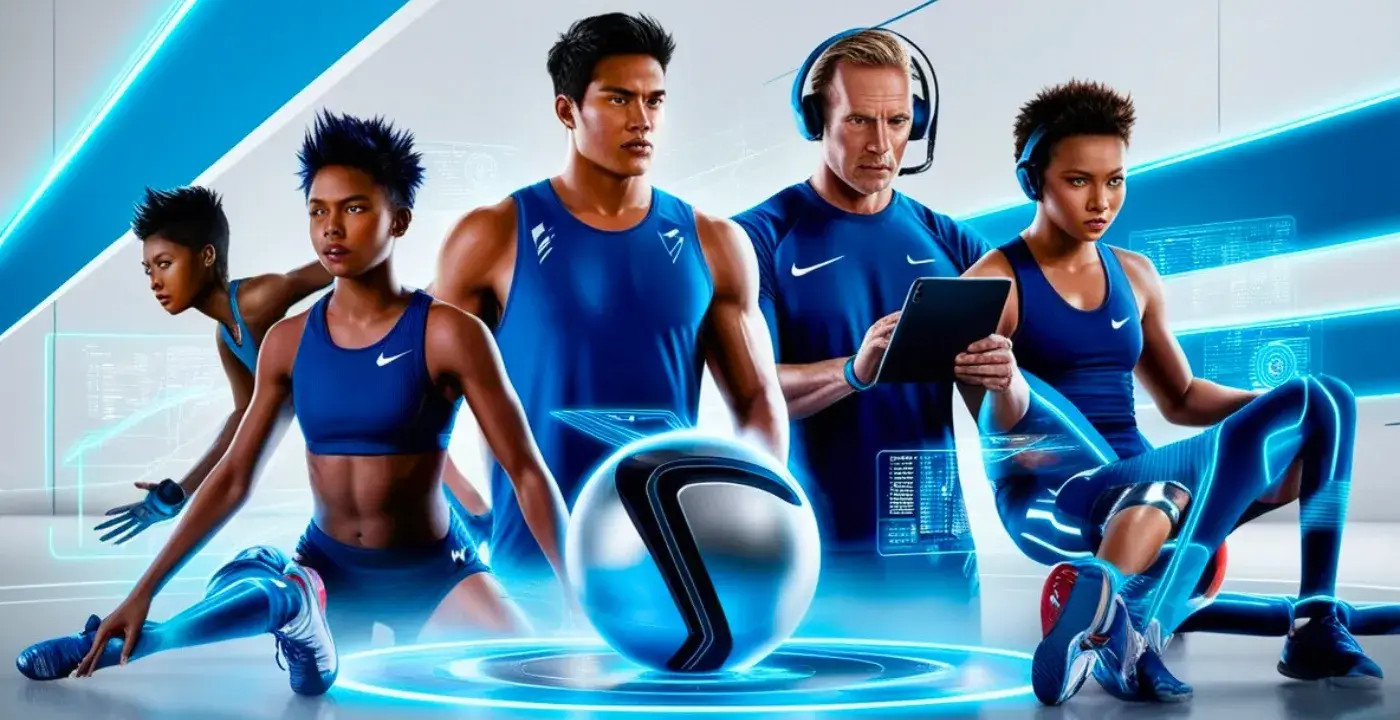
At its core, Harmonicode Sport integrates harmonic principles such as frequency, resonance, and oscillation with sports science and advanced technology. By analyzing how the human body moves and resonates during athletic activity, this approach provides a data-driven roadmap for improving athletic performance.
The name “Harmonicode” stems from the concept of “harmonics”—the natural frequencies at which objects or systems vibrate. In sports, this translates to understanding how the body’s movements align with these principles to optimize efficiency, reduce energy waste, and boost output.
Key components of Harmonicode Sport include:
- Biomechanics: The study of how the body moves and responds to forces.
- Frequency: Identifying rhythm and cadence in actions like running or throwing.
- Resonance: Enhancing motion through natural amplification.
- Technology: Tools like wearable technology, motion capture, and AI-based software solutions for analysis.
The Science Behind Harmonicode Sport
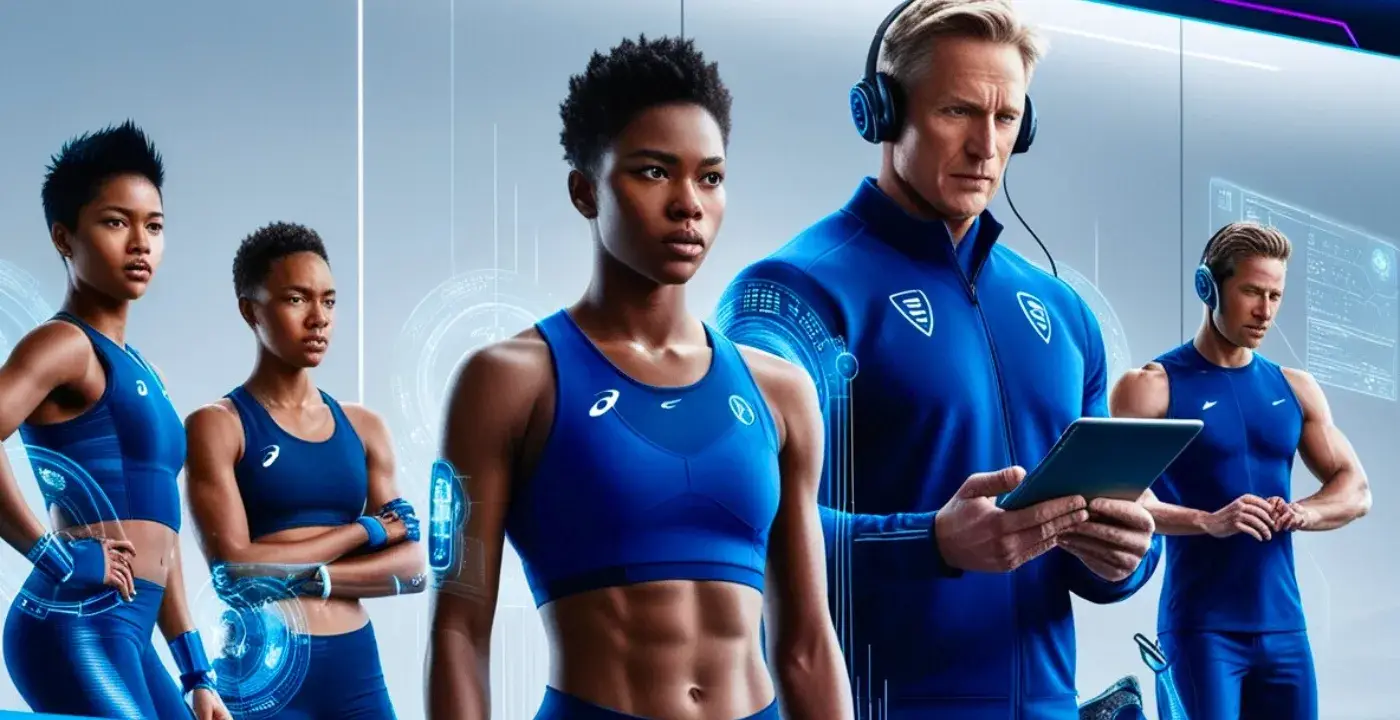
The Role of Frequency and Resonance
Every movement in sports, from a sprinter’s stride to a gymnast’s aerial flip, involves repetitive motion. These motions have a specific frequency—the rate at which they occur. Matching the body’s natural resonance to this frequency can amplify efficiency, much like how tuning a musical instrument enhances its sound.
Key insights:
- Stride frequency in running: Athletes with an optimized cadence expend less energy, resulting in faster times and reduced fatigue.
- Resonance in throwing sports: Understanding the natural oscillation of the arm can improve accuracy and power while minimizing strain.
By leveraging these principles, Harmonicode Sport identifies the ideal frequency and resonance unique to each athlete, creating a blueprint for peak performance.
The Application of Biomechanics
Biomechanics plays a crucial role in Harmonicode Sport by analyzing the mechanical aspects of movement. It focuses on how forces interact with the body during athletic activities. Insights from biomechanics inform adjustments in posture, technique, and training regimens to maximize output and minimize injury risk.
Examples of biomechanics in action:
| Sport | Biomechanical Insight | Performance Benefit |
|---|---|---|
| Running | Analyzing stride length and foot strike pattern | Improved speed and reduced energy loss |
| Gymnastics | Studying rotational momentum during flips | Enhanced aerial control and precision |
| Throwing sports | Evaluating arm motion and energy transfer | Increased power and accuracy |
Understanding these mechanics helps athletes refine their movements, ensuring they work in harmony with their body’s natural capabilities.
Technology Role in Harmonicode Sport
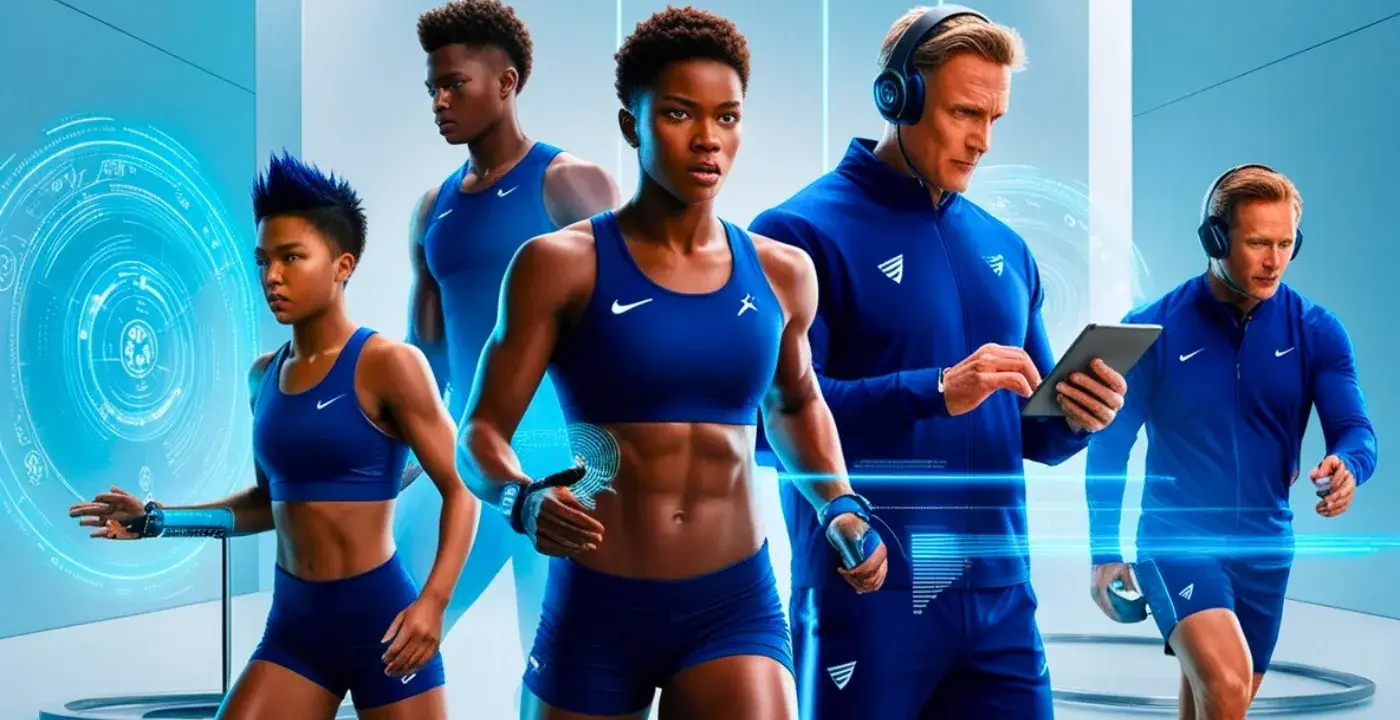
The advent of technology has been pivotal in advancing Harmonicode Sport. From real-time data collection to predictive modeling, innovations like wearable technology and AI-driven software solutions are transforming how athletes train and compete.
Wearable Technology
Wearable technology is at the forefront of Harmonicode Sport. Devices like smartwatches, motion sensors, and heart rate monitors provide a wealth of data about an athlete’s performance in real time.
Key features of wearable devices:
- Monitoring performance metrics: Track speed, heart rate, stride frequency, and more.
- Detecting fatigue: Alert athletes when they are nearing exhaustion to prevent injury.
- Customizing training: Use data to craft personalized regimens based on an athlete’s strengths and weaknesses.
For instance, a marathon runner can use a smartwatch to track cadence and heart rate variability, ensuring they stay within optimal zones during training.
Software Solutions
Advanced software solutions analyze the data collected by wearables and other tools, offering actionable insights for performance analysis and injury prevention.
Applications of software in Harmonicode Sport:
- Motion capture: Visualizing body movements to pinpoint inefficiencies or risks.
- High-speed video analysis: Detailed examination of rapid actions like pitching or sprinting.
- AI and machine learning: Predicting injury risks and identifying patterns for optimized training.
For example, AI-driven tools can analyze an athlete’s gait and suggest adjustments to prevent overuse injuries.
Emerging Technologies: Virtual and Augmented Reality
Both virtual reality (VR) and augmented reality (AR) are making waves in Harmonicode Sport. These immersive tools simulate real-world scenarios, providing athletes with a safe environment to practice and refine techniques.
- VR applications: Simulating game conditions to improve decision-making and reaction times.
- AR applications: Overlaying performance metrics during training sessions for immediate feedback.
These technologies create a unique blend of physical and virtual training, offering unparalleled opportunities for skill development.
Benefits of Harmonicode Sport
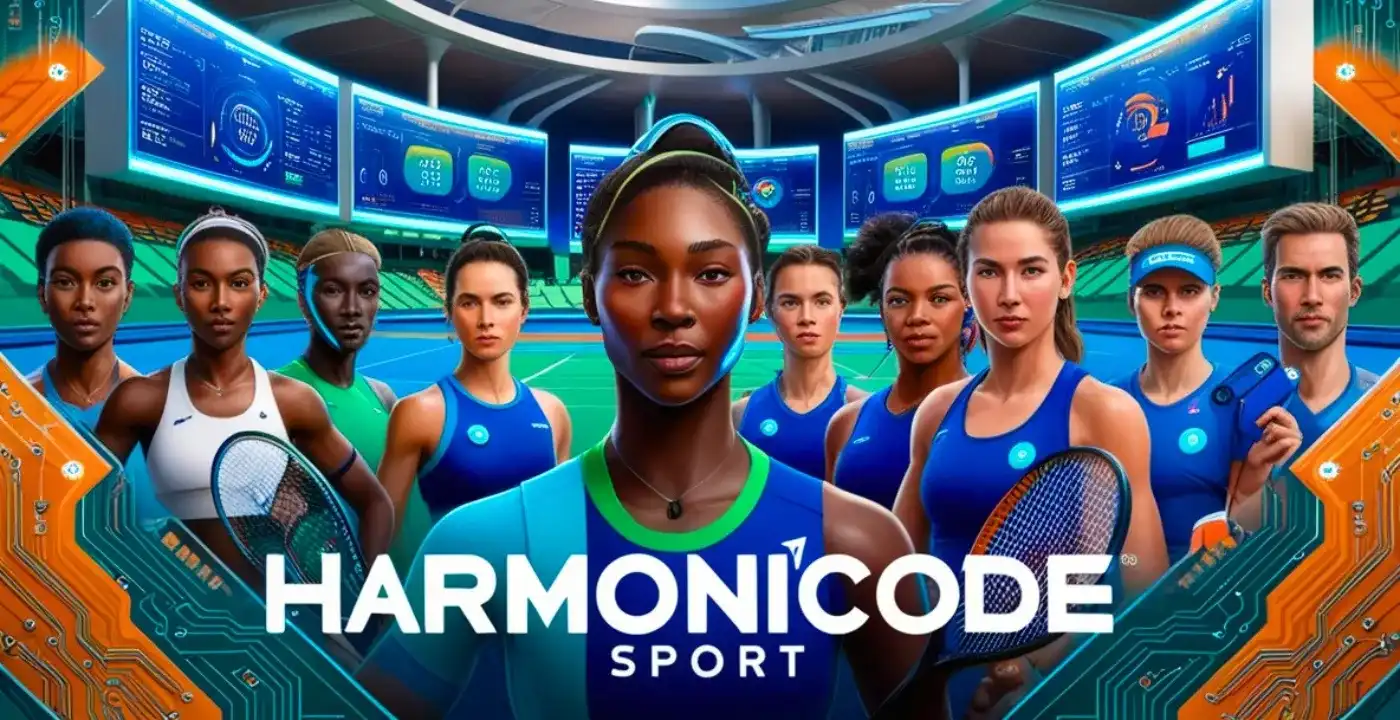
The integration of Harmonicode Sport principles with technology offers a host of benefits for athletes, coaches, and trainers alike.
Enhanced Performance
By optimizing frequency, resonance, and movement efficiency, athletes can achieve new levels of performance. For example:
- Sprinters can reduce wasted motion, resulting in faster times.
- Gymnasts can perfect their flips and rotations with biomechanical insights.
Injury Prevention
One of the most significant advantages of Harmonicode Sport is its focus on injury prevention. By analyzing movement patterns and identifying risks, athletes can avoid common injuries like:
- Overuse injuries (e.g., runner’s knee, tennis elbow).
- Strains and sprains caused by improper technique.
Personalized Training
No two athletes are the same, and Harmonicode Sport embraces this by providing personalized training based on individual data. This customization ensures that training regimens align with the athlete’s unique strengths, weaknesses, and goals.
The Future of Harmonicode Sport
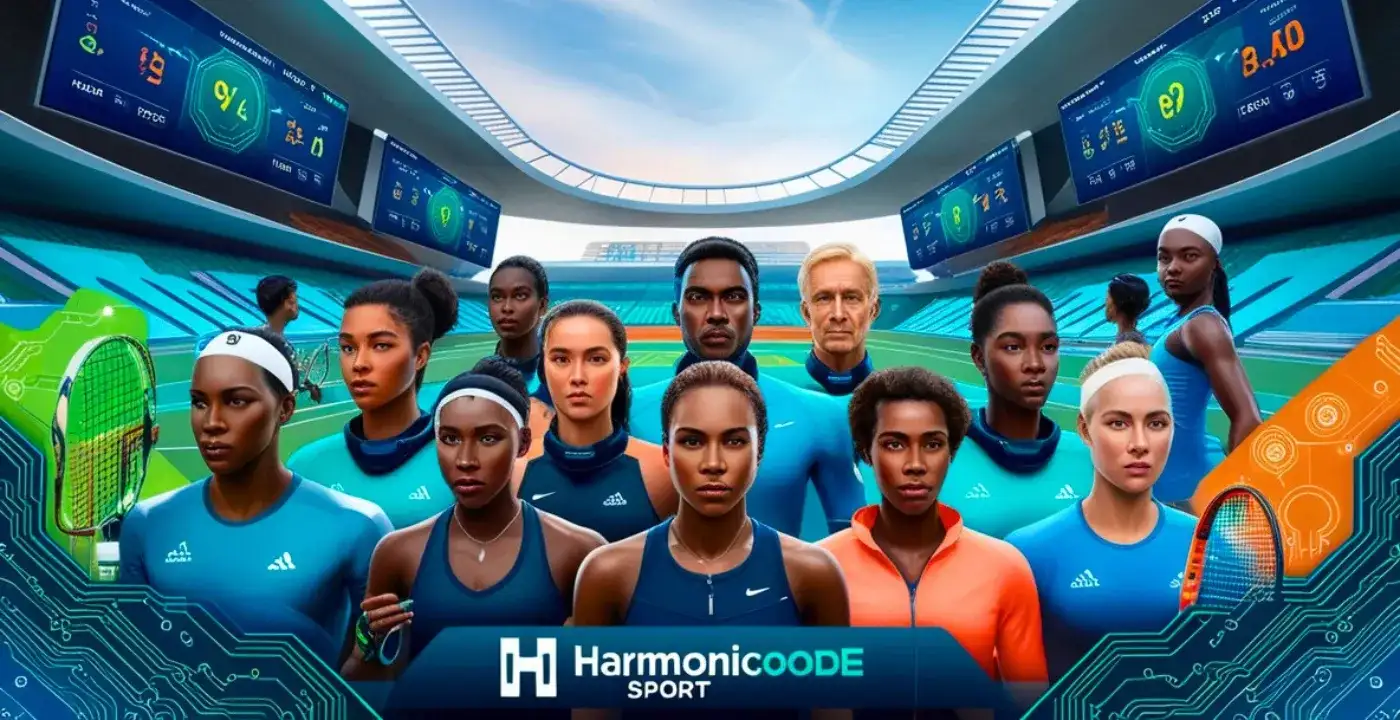
As technology continues to evolve, the potential for Harmonicode Sport is limitless. Emerging innovations like advanced machine learning algorithms, predictive modeling, and virtual training tools will further enhance the ability to train smarter, not harder.
Future trends to watch include:
- AI-driven coaching: Virtual assistants that provide real-time feedback during training.
- Biometric wearables: Devices capable of tracking deeper physiological metrics like muscle activation and blood lactate levels.
- Immersive training environments: Fully integrated VR and AR systems for comprehensive skill development.
Final Thoughts
Harmonicode Sport is more than just a trend—it’s a transformative approach to athletic performance. By combining the principles of frequency, resonance, and biomechanics with cutting-edge technology, this innovative methodology is setting new standards in sports training and performance optimization.
Whether you’re a professional athlete striving for peak performance, a coach seeking better tools for analysis, or simply a sports enthusiast, Harmonicode Sport offers a glimpse into the future of athletics. With its emphasis on personalized training, injury prevention, and data-driven insights, it is truly revolutionizing the way we think about sports.
“The harmony of science, technology, and the human body—this is the essence of Harmonicode Sport.”

Tina Morris is an expert tech blogger, passionate about simplifying complex innovations. She delivers cutting-edge insights, trends, and solutions to empower readers in the ever-evolving tech landscape.
